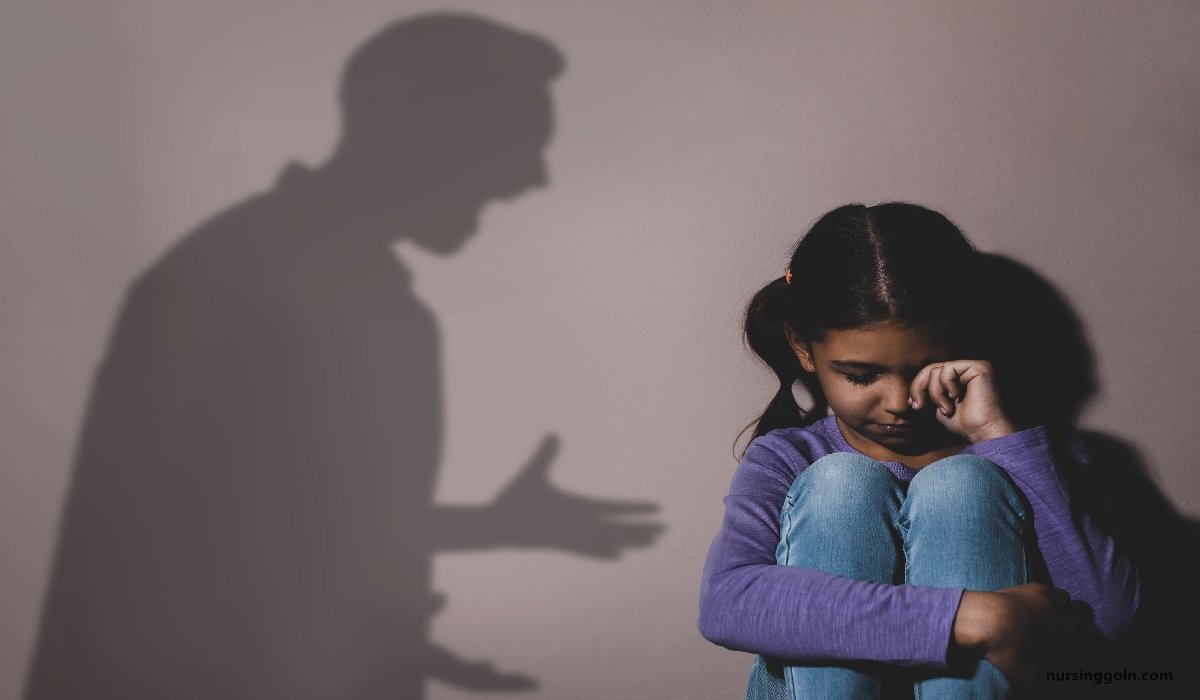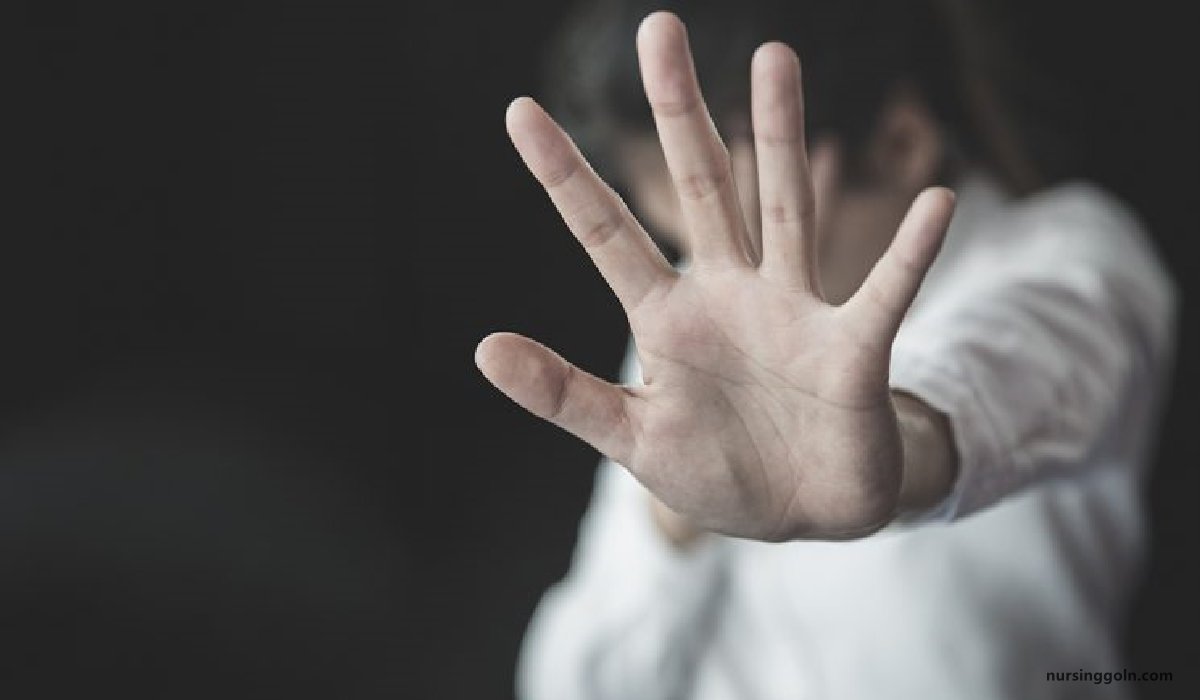Concept of Abuse – This book covers the entire syllabus of “Psychiatric Nursing” prescribed by the Universities of Bangladesh- for Basic and diploma nursing students. We tried to accommodate the latest information and topics. This book is an examination-friendly setup according to the teachers’ lectures and examination questions.
At the end of the book previous university questions are given. We hope in touch with the book students’ knowledge will be upgraded and flourish. The unique way of presentation may make your reading of the book a pleasurable experience.

Concept of Abuse
Definition of abuse:
Abuse is defined as any action that intentionally harms or injures another person. Abuse can occur to anyone of any age and gender and from any walk of life. It can take the form of physical battery, emotional bullying, psychological coercion, sexual abuse, or neglect.
child abuse
Child abuse is the maltreatment of children, including any or all of the following Physical, emotional, medical or educational neglect, physical punishment or “battering, and emotional or sexual maltreatment and exploitation.
Or,
Child abuse is when a parent or caregiver, whether through action or failing to act, causes injury, death, emotional harm or risk of serious harm to a child. There are many forms of child maltreatment, including neglect, physical abuse, sexual abuse, exploitation and emotional abuse.
Causes of child abuse:
- domestic violence
- substance abuse
- immaturity
- unrealistic expectations
- emotional problems
- economic crisis
- lack of parenting knowledge
- difficulty in relationships
- depression and other mental health problems
- Shaken baby syndrome
- Impaired brain development
- Poor physical health
- Exposure to violence during childhood.
(Ref-Basic concepts of community health Nursing/I. Clement/2nd edition)

Physical effects of child abuse
- Bruises and welts
- Scrapes and cuts
- Burn marks
- Head trauma
- Weakened brain development
- Sprains or broken bones
- Difficulty walking or sitting
- Torn, stained, or bloody clothing
- Pain or itching in the genital area
- Bruises or bleeding in and around the genital area
- Sexually transmitted diseases
- Inappropriate dress
- Poor hygiene
- Poor physical health
Psychological and mental effects of child abuse:
- Anxiety
- Depression
- Low self-esteem
- Withdrawn
- Dissociation
- Difficulty with making and maintaining relationships
- Experiences flashbacks
- Hypervigilant
- Persistent fear
Behavioral effects of child abuse:
- Self-harm
- Eating disorders
- Alcohol and drug use
- Trouble sleeping
- Uncomfortable with physical contact with others
- Repeating school grades
- Absent from school often
- Criminal activity
[Ref-Basic concepts of community health Nursing/l. Clement/2nd edition]
Nursing intervention of child abuse:
Nursing intervention for all types of child abuse has many commonalities.
1. Develop a trusting relationship with parents and the child.
2. Be direct but support.
3. Explore with the parents how the events that led to the abuse can be altered in the future and alternative strategies for managing the children.
4. Health teaching including parenting skill and information regarding basic growth and development.
5. Discussion of strategies for anger control. If possible, refer them to a group that teaches anger control.
6. Discuss the laws on child abuse and help the family to be comfortable cooperating with child protective services.
7. Role model providing care to the child when possible.
8. If child needs hospitalization, encourage the involvement of the parents and opportunities to teach them how to care for the child effectively.
9. Assist parents to verbalize their understanding of the impact of abuse on their child and how they can prevent it in the future.
10. Discuss the short and long term psychological effects on the child,
11. Coordination of services to the family.
12. Finding and monitoring attendance of the parents at parenting and anger management classes. Nurses acts as liaisons with child Protective services.
[Lesson plan volume 169,170]
